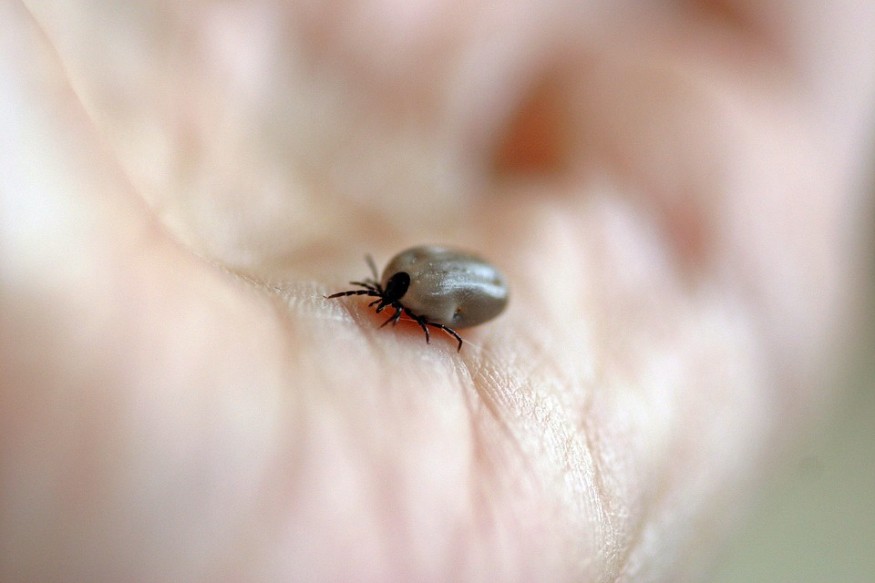
Researchers are warning the public of another reason to avoid being bitten by a Lone Star tick. This creepy crawler can give you a possibly fatal allergy to red meat.
The Lone Star tick has been involved in starting the red meat allergy in the United States and is found in the southeastern states, from Texas to Iowa and into New England.
According to the studies from the allergy departments of Addenbrooke's Hospital in Cambridge and Guy's and St Thomas' NHS Foundation Trust in London, ticks get the alpha-gal syndrome (AGS) from biting deers, sheep, or dogs. The creepy crawlies will carry the AGS through their saliva afterward and pass it on to people when they bite them.
However, in another research presented in the gathering of the American Academy of Allergy, Asthma, and Immunology in February 2019, Professor Scott Commins proposed that it is merely the tick and not its last blood meal that causes AGS.
Commins and his co-authors from the University of North Carolina have discovered that a few tick bites can make the allergy grow regardless of what they have recently fed on.
"The upshot of these findings is that we now have a much larger pool of tick bites to be concerned about because it doesn't appear that the prior blood meal is important," Commins said in a press release.
Both researchers agreed to the result that Lone Star ticks could likewise make individuals permanently become allergic to red meat, such as lamb, beef, and pork.
If you are oversensitive to one sort of meat, the researchers said it is likely you are also adversely allergic to other meats such as chicken, turkey, and duck.
Ordinarily, individuals are not adversely affected by the alpha-gal found in meat when they eat it, as the substance mostly goes through the stomach without being detected by the immune system.
A person's immune system, however, may see alpha-gal as a foreign substance and create multitudes of antibodies to fight it if the content, carried by the tick, enters into the circulatory system.
Thus, whenever they are exposed to alpha-gal by eating meat or maybe even merely smelling what is being cooked, they build up a response. Indications can include diarrhea, congested or runny nose, sneezing, nausea, hives, anaphylaxis, or asthma.
Keep in mind that most allergic responses will happen promptly. Tick-instigated red meat allergy will usually take effect within three to eight hours after eating meals.
The researchers have yet to figure out if for how long the tick-borne allergy would last. They likewise noted that additional tick bites could reproduce the allergy again, even if it becomes inactive.
Moreover, the healthcare specialists said there is no long-term treatment or solution for the tick-borne allergy at the moment.
If the patient discovers that he or she has an alpha-gal syndrome, it is his or her chance to identify the triggers. While the patients need to "completely avoid" red meat intake until further notice, there could be other triggers that will cause AGS such as dairy.
© 2025 NatureWorldNews.com All rights reserved. Do not reproduce without permission.





